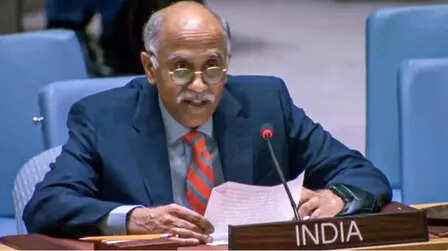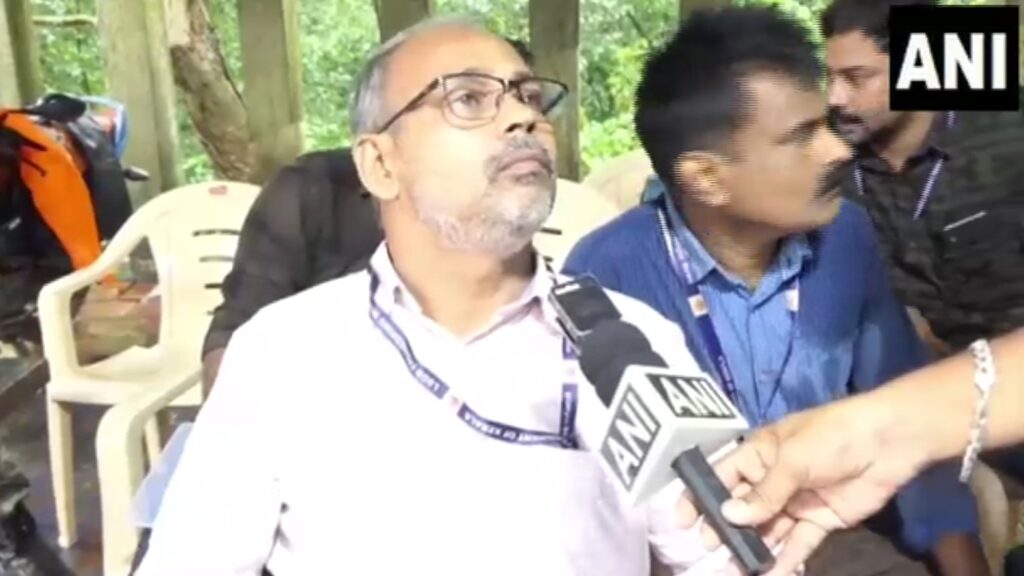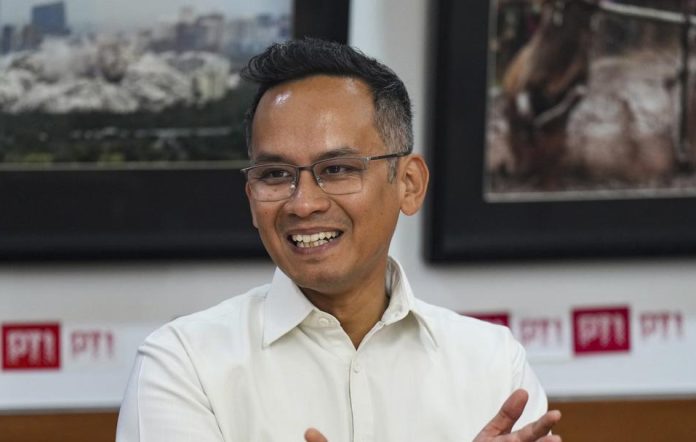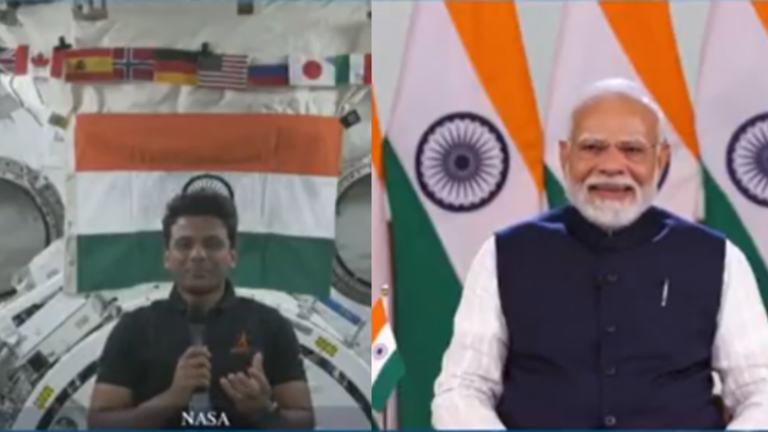What Did India Say About Pakistan’s Role in Terrorism and Civilian Protection?
India’s Permanent Representative to the UN, Ambassador Parvathaneni Harish, made a powerful statement at the United Nations Security Council (UNSC) during a debate focused on civilian protection in conflict zones. India took a strong stance against Pakistan’s support for Pakistan-based terrorists, criticizing the country’s use of civilians as human shields and accusing it of shielding UN-designated terrorists. Ambassador Harish’s comments underscored the hypocrisy of Pakistan’s position on civilian protection, drawing attention to Pakistan’s ongoing support for terrorism and failure to distinguish between civilians and militants. The statement also emphasized the violation of International Humanitarian Law and called for a more focused, global approach to ensuring the protection of civilians in conflict areas.
In his statement, Ambassador Harish made it clear that the protection of civilians should not be used as a cover for the actions of UN-designated terrorists. India accused Pakistan of using “civilian cover” to shield and advance terrorism, pointing to the country’s grossly hypocritical position at the UNSC. Harish noted that Pakistan has consistently failed to distinguish between terrorists and civilians, citing examples where senior Pakistani officials attended terrorist funerals in honor of militants killed in Indian operations.
For instance, Lashkar-e-Toiba (LeT) leaders, such as Hafiz Abdur Rauf, have received support from Pakistan’s top military officials, further fueling the narrative that Pakistan actively encourages terrorism under the guise of civilian protection. India questioned Pakistan’s credibility to lecture the world on protecting civilians when it has continuously promoted cross-border terrorism, leaving innocent civilians vulnerable.
How did India respond to Pakistan’s accusations about Indian military operations?
Pakistan has often claimed that Indian military operations target civilians in Kashmir. However, India rejected these claims, asserting that Pakistan’s military itself has been involved in cross-border shelling, violating international law, and causing civilian casualties. Harish pointed out that Pakistan’s military and terrorist nexus is central to its operations, and India holds Pakistan responsible for not only sponsoring terrorism but also using civilians as human shields in warfare.
Ambassador Harish also reminded the UNSC that, despite Pakistan’s accusations, the Pakistani government and military have been complicit in creating and maintaining the terrorist threat. He stated that the real issue lies in the way Pakistan military and terrorism are intertwined, making it impossible to see any significant change in Pakistan’s approach toward cross-border terrorism.
What Did India Call for in Terms of Global Action on Civilian Protection and Counter-Terrorism?
India’s call to the international community was simple yet forceful: the protection of civilians should not be manipulated as an excuse to shield terrorists. Harish emphasized that Pakistan’s actions demonstrate the need for the global community to stand firm in countering terrorism in Pakistan and cross-border terrorism. India called for a strict zero tolerance policy toward terrorism and urged nations to implement UN Security Council resolutions in a decisive manner.
India also referenced the grave violations of International Humanitarian Law and stressed that the sovereignty and territorial integrity of nations should not be undermined by the actions of terrorist organizations. The Indian Ambassador pointed out that these international laws are in place to protect civilians, and they must be enforced without exception.
India argued that Pakistan’s support for terrorism complicates the global effort to protect civilians in conflict zones. Pakistan’s record of using terrorist groups like Lashkar-e-Toiba (LeT) as tools of warfare and its repeated violations of International Humanitarian Law make it difficult to have a constructive conversation about the protection of civilians. For India, Pakistan military and terrorism activities are directly tied to the suffering of civilians in Kashmir, and this pattern of violence must be addressed through international measures.





















